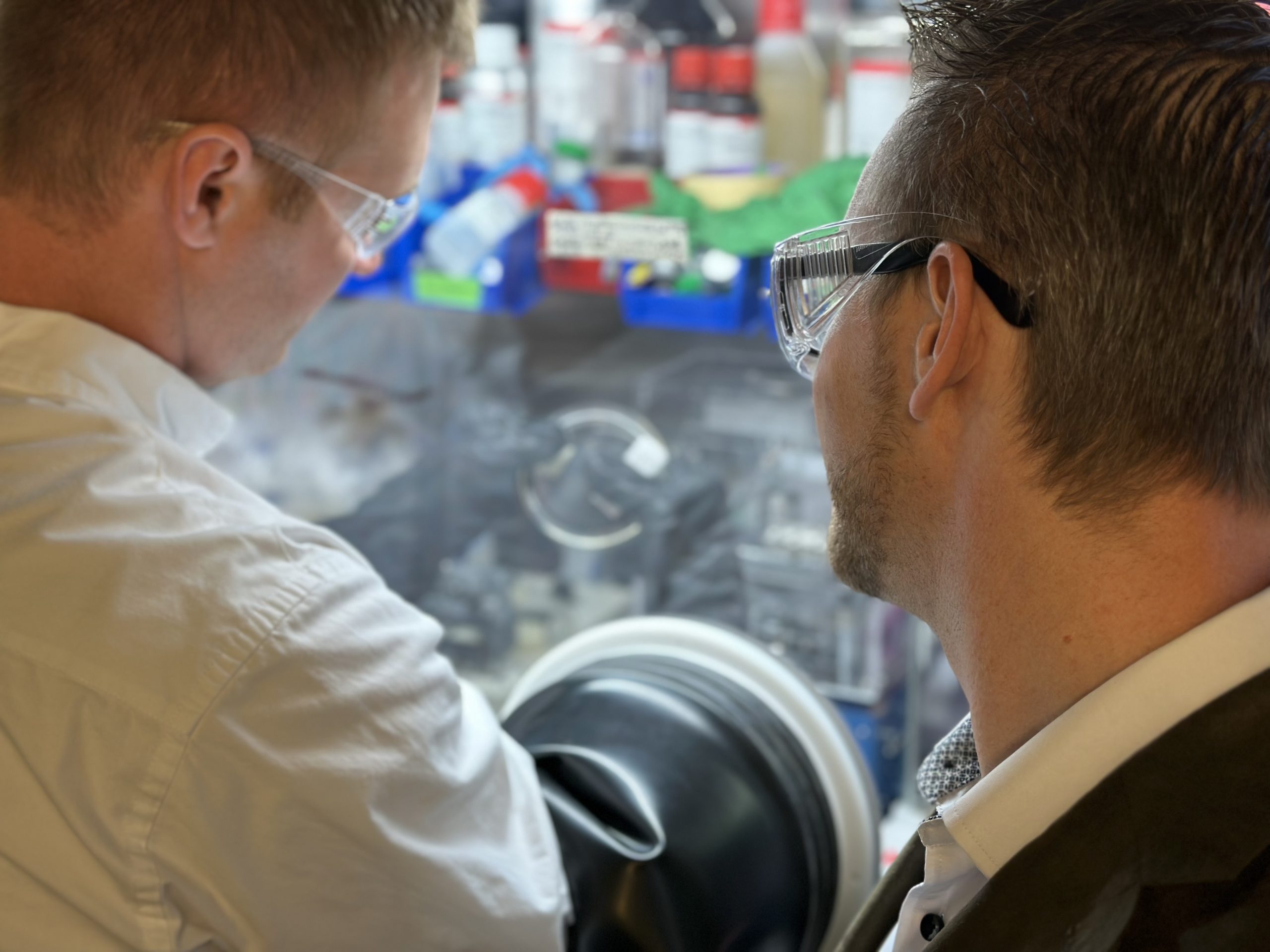Mechanical engineering assistant professor, Todd Kingston, and associate professor, Cary Pint, have received the Research Award from NASA with total support nearing $1,000,000 through the Established Program to Stimulate Competitive Research (EPSCoR) and the Iowa NASA ESPCoR to investigate the fundamental processes in lithium-ion batteries during extreme thermal conditions, such as freeze-thaw cycles often encountered by spacecraft during lunar and Martian exploration.

